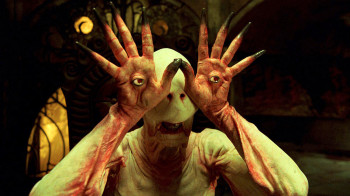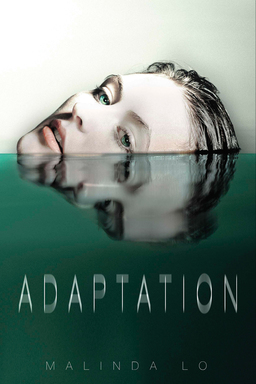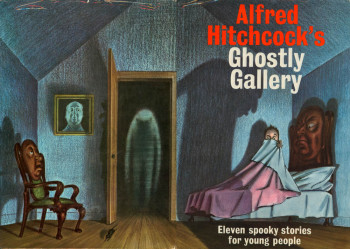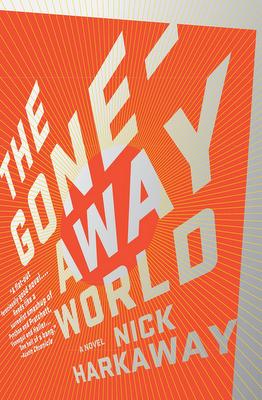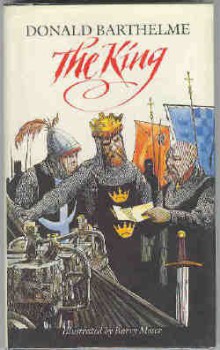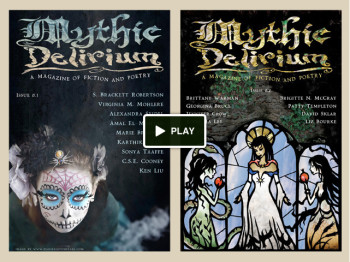Why I Write Fantasy
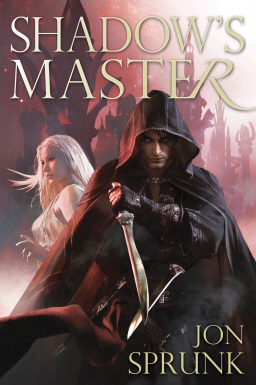 I’ve been doing book signings for the last few years, at bookstores and conventions. Most people you meet are very nice. Few actually buy one of your books, but they usually enjoy chatting with the author. Some are writers themselves, looking for a scrap of insight into the industry. But every so often I am asked a variant of this question:
I’ve been doing book signings for the last few years, at bookstores and conventions. Most people you meet are very nice. Few actually buy one of your books, but they usually enjoy chatting with the author. Some are writers themselves, looking for a scrap of insight into the industry. But every so often I am asked a variant of this question:
“So why don’t you write books about real stuff?”
I’m sure these folks don’t mean to be rude. They don’t mean to insult my entire career and imply that the genre I’ve loved all my life, a genre which I personally believe has produced some of the most beautiful works of art in human history, is only suitable for children.
Of course, all fiction is “not real” in a sense, and fantasy is perhaps the genre which can seem the farthest from true life. As such, it is sometimes viewed from the outside as a literary ghetto: a kingdom of nerds, geeks, and perpetual adolescents who spend too much time at Renaissance Faires and roleplaying-game conventions. The stereotypes come fast and furious when talking about fantasy fandom.
It’s interesting how some people will accept a story about an alien from another planet who comes to Earth as an infant with superhuman powers and grows up to become humanity’s guardian. Yet, a story about a dragon (essentially a fire-breathing, sometimes-winged dinosaur) is a bridge too far for them. I feel bad for them.
